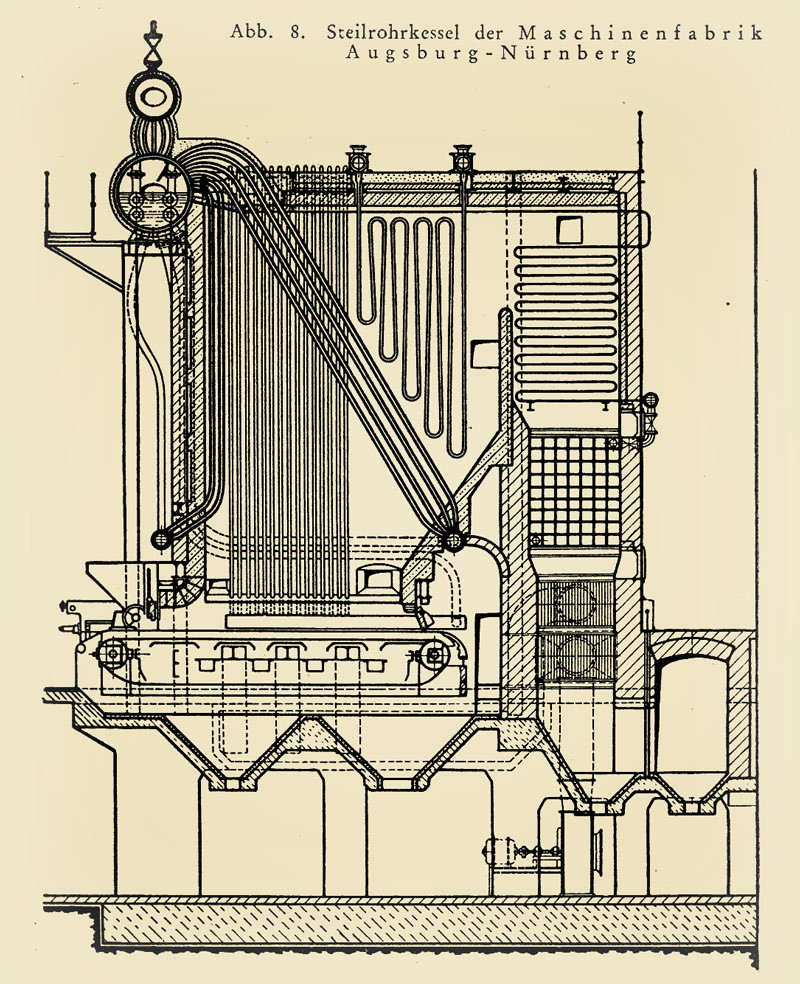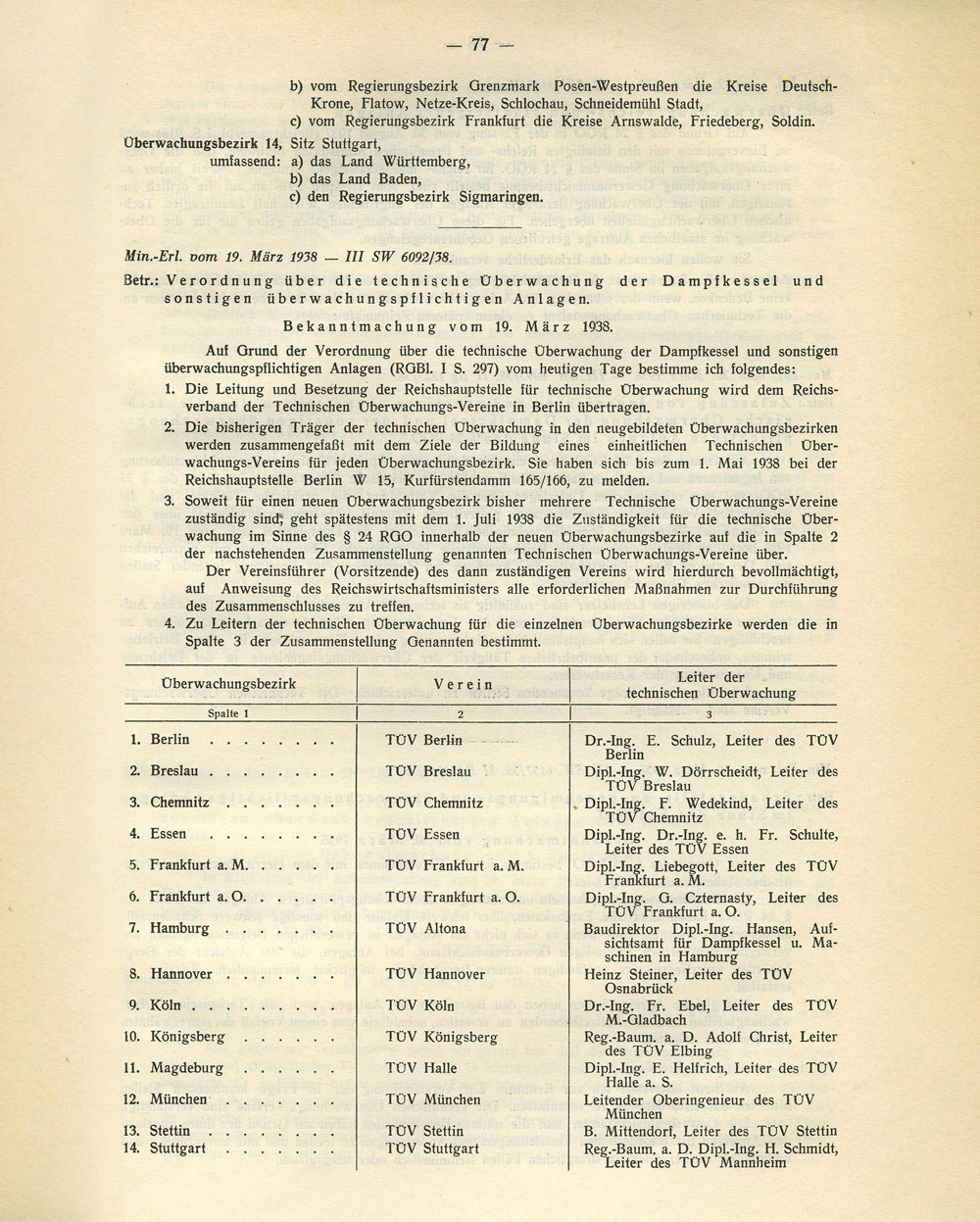"Diversität leben - eigentlich ist das für uns alle Alltag. Aber diese Diversität wollen und müssen wir auch im Arbeitsleben noch konsequenter abbilden. Davon profitieren wir, Diversität ist heute Grundvoraussetzung für Erfolg!" Das Statement kommt von Herzen. Sehen Sie selbst!

With the Würzburg Standards of 1881, the German DÜV associations introduced into law the principle that technical supervision should begin at an early stage in the design and construction of a boiler. Today, it is regarded as obvious that monitoring should take place from the start of a project!
From 1900 onwards, the engineers of DÜV zu Siegen were also responsible for non-members of the association. Then the 1905 Cost Law extended their remit to cover a wide variety of inspection tasks, which were now mandated by the government.
The incorporation of these “activities reducing the burden on the state” into trade and industry regulations represented a transfer of governmental functions to what were now called the “technical” inspection associations – i.e. TÜV. This was a unique selling point that came with a great deal of responsibility, which the associations sought to fulfil to the best of their ability by implementing the highest quality and safety standards.

In the course of the 20th century, further areas of testing were steadily added. Anyone wanting an independent appraisal of their products or services that was globally recognised as a seal of quality, could find it at TÜV.
Once the 1980s arrived, globalisation really started to take off. As a result, the company’s circumstances changed. Having been restructured in 1938, and renamed RWTÜV in 1969, it now faced international competition. In particular, competition in the liberalised European market was increasing, and declining market shares posed a serious challenge.
